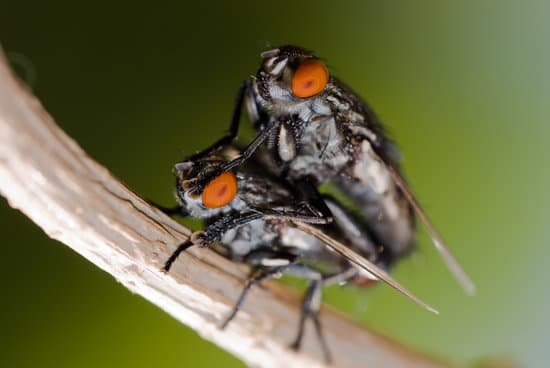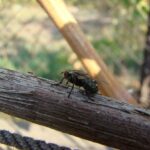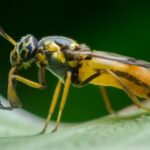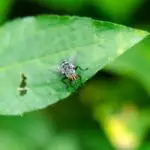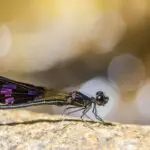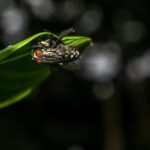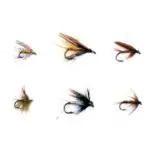Are Flies Bad For Plants?
Flies are not all bad for plants, but some of them can be problematic for your garden. Flies can harm plants in a variety of ways, including sucking the cell content from leaves and damaging the plants. These pests can also destroy fruit and vegetables. To avoid this situation, you can either avoid attracting flies or choose different plants.
Whiteflies are one of the most common types of flies that damage your plants. These flies have piercing mouthparts, which are perfect for sucking plant juices. They can be found feeding on the underside of leaves, and they are active during warm days. During heavy infestations, whiteflies exude honeydew, which covers the leaf surface. This substance can promote the growth of black mold and interfere with photosynthesis. In addition, some species of whiteflies are known to transmit plant viruses.
Most adults of these flies are predatory, scurrying on plant leaves and stalking aphids. They may also walk on still water in search of mosquito larvae. In addition, many long-legged species have modified antennae and flag-like appendages to attract females. Their feeding habits include secreting digestive juices into their prey and feeding on the liquefied content.
Whiteflies are resistant to many pesticides and can be difficult to control. You should use organic methods if you can. Keeping your plants healthy and fertile helps them ward off diseases and pests. For best results, inspect your plants regularly, preferably weekly. Pay attention to the most susceptible plants. Inspect the underside of leaves, especially if the weather is hot.
